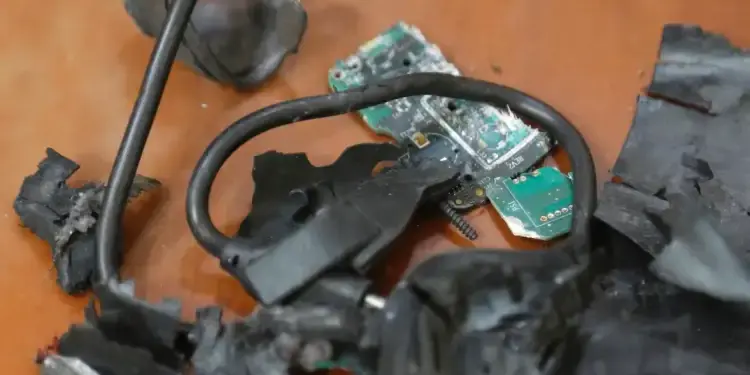Tuesday, September 17, a series of explosions of bipeurs rocked Lebanon, causing the death of 12 people and injuring almost 2,800 in the first wave, then 14 dead and 480 injured in the second wave that took place this Wednesday, September 18. The incident mainly took place in Beirut and southern Lebanon, plunging the country into a state of chaos.
The Israeli authorities have not reacted, but the United States said they were not involved in this operation, indicating that it collects information on the facts. For its part, Hezbollah announced the opening of an investigation to determine the exact causes of the explosions.
According to sources close to the organization, the bipors involved have been part of a recently imported cargo and may have been “hacked at the source”.
Security experts have issued several assumptions about how these explosives have been integrated into the devices. Some suggest that Israeli agents have infiltrated the Hezbollah supply chain, hiding small explosives with remote triggers in bipeurs.
Other analysts, such as Charles Lister from the Middle East Institute, think that the operation could have been planned for a long time by Mossad, the Israeli secret services.
The origins of these bipers remain unclear. The Hungarian company BAC was first presented as the manufacturer of the devices used by the members of Hezbollah. However, the Hungarian government quickly refuted this information.
Zoltan Kovacs, government spokesperson, said on social network X that Bac was only a simple commercial intermediary, without production or operation on Hungarian soil. He also pointed out that the bipers concerned have never passed through Hungary, saying that this case presents no risk to national security.
Hypotheses on the origin of explosive bipers have been put forward. According to a New York Times survey, US officials have designated the Taiwanese company Gold Apollo as a supplier of these devices. However, Gold Apollo vigorously denied these accusations.
At a press conference in Taipei, the director of Gold Apollo, Hsu Ching-Kuang, said that the bipors accused were not manufactured by his business, despite the fact that they wear the Gold Apollo brand. He underlined: “They are not our products from start to finish. »»
Gold Apollo also specified in a press release that its agreement with BAC Consulting KFT, based in Budapest, is limited to the use of its brand. The Taiwanese company is not involved in the design or the production of products, including the AR-924 model, entirely managed by Bac Consulting.
The bipeurs, also called pagers, experienced a real boom in the 80s and 90s. One of the main reasons why groups like Hezbollah continue to use these bipeurs lies in their technical characteristics.
Unlike smartphones or connected watches, beefs have much longer autonomy thanks to their batteries and operate on specific radio waves, sometimes independent of the consumer network. This helps maintain communications in the event of overload or dysfunction of traditional networks.
In addition, bipeurs do not have GPS chips, which makes their location more difficult, a strategic asset for organizations seeking to escape any electronic surveillance.








